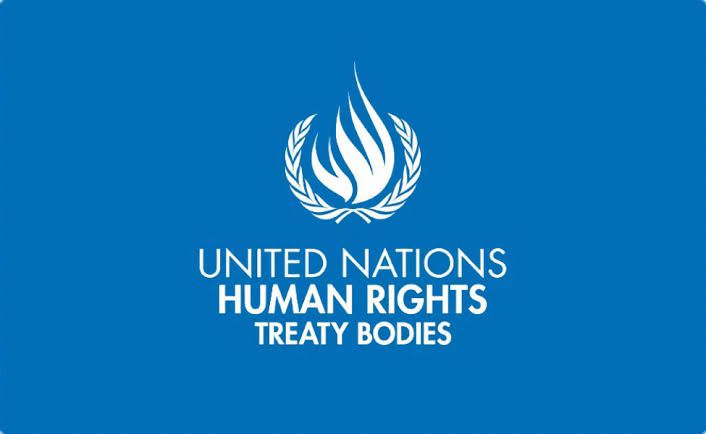The United Nations Subcommittee on Prevention of Torture (SPT) has lamented what it called ‘widespread torture’ and Ill-treatment of detainees in Nigerian detention centres even as the Head of the Team, Aisha Shujune Muhammad, has called for urgentmeasures to prevent torture and ill-treatment, and to improve conditions of detention, especially in police stations and other similar facilities.
Muhammad said this during SPT’s second visit to Nigeria from September 8 to 19, 2024, to evaluate the treatment of individuals in detention and the country’s progress in safeguarding human rights for those deprived of liberty including through the proper functioning of a National Preventive Mechanism (NPM).
“The situation in most places of detention is abysmal. Nigeria must urgently take measures to prevent torture and ill-treatment, and to improve conditions of detention, especially in police stations and other similar facilities. Legal safeguards must be immediately implemented, and the current impunity of perpetrators for acts of torture must end,” she stated.
The UN Chief, however, expressed deep concerns over the lack of cooperation and hostility from Nigerian authorities, stating, “The delegation regrets the lack of cooperation from Nigerian authorities, during and prior to the visit. We were confronted with a climate of hostility and faced access issues in several places of detention.
“Receiving the SPT’s visit and allowing it to exercise its mandate without obstruction is an international obligation under the Optional Protocol to the Convention against Torture (OPCAT) which Nigeria ratified in 2009.”
During the visit, the delegation assessed various detention facilities, including those for men, women, and children, police stations, criminal investigation departments, and facilities addressing drug and human trafficking.
Additionally, the delegation engaged with key stakeholders, including the Minister of Justice, parliamentarians, judges, prosecutors, the Nigerian Bar Association, civil society organisations, and UN agencies.
Muhammad remarked on the state of Nigeria’s efforts, saying, “It has been 10 years since the first SPT visit, and Nigeria is yet to establish a functional national preventive mechanism. This unfortunately shows that the prevention of torture and ill-treatment is not taken seriously by the State party, and the horrific situation we have documented speaks to this.
“We urge authorities to urgently finalize the establishment of an independent functional preventive mechanism.”
At the end of the visit, the delegation presented its confidential preliminary observations to the Government of Nigeria, highlighting its serious concern about the lack of commitment from authorities in preventing widespread torture, ill-treatment and in improving conditions of detention.
Following its visit, the Subcommittee will send Nigeria a confidential report containing its observations and recommendations and encourages the State party to make it public, to facilitate implementation.
The UN delegation included members from various countries: Aisha Shujune Muhammad (Maldives), Satyabhooshun Gupt Domah (Mauritius), Andrew Christoffel Nissen (South Africa), and Victor Zaharia (Moldova), along with two Human Rights Officers from the Office of the High Commissioner for Human Rights.





